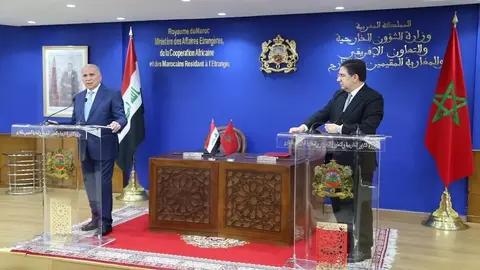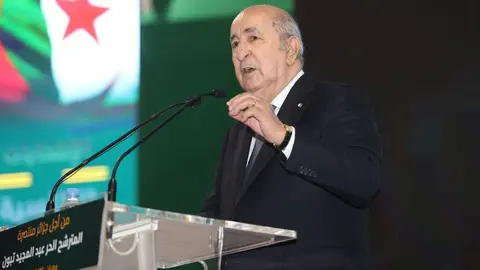France strengthens its alignment with Morocco over Western Sahara
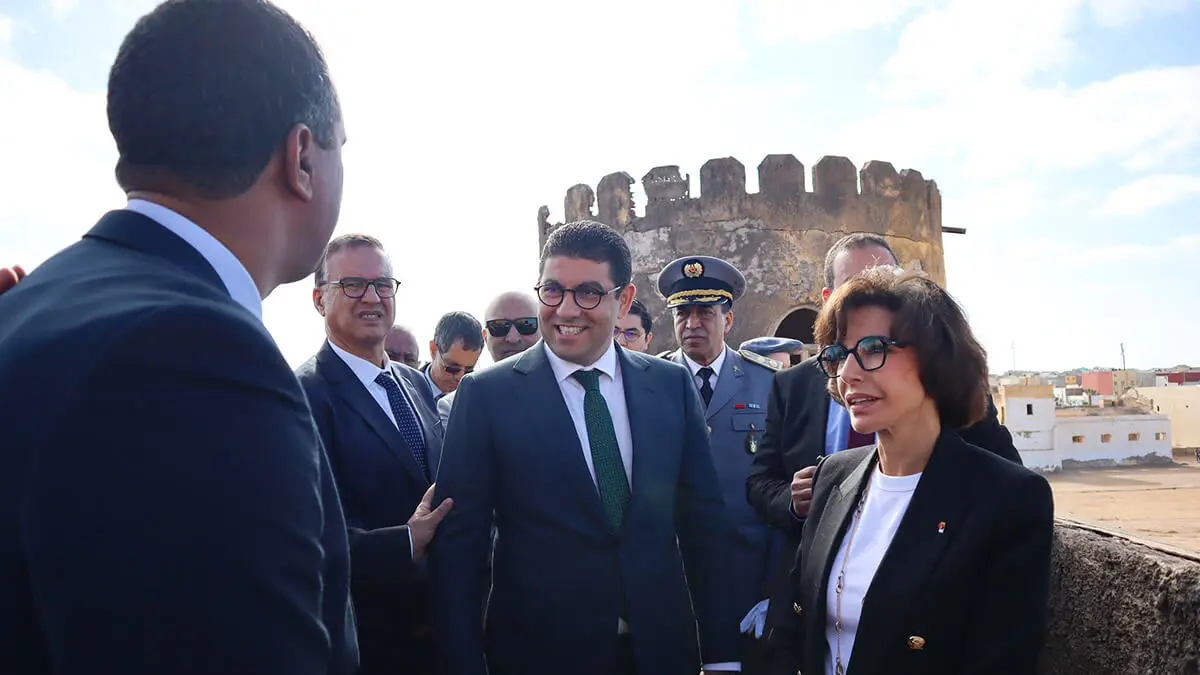
France showed its support for Morocco's Autonomy Plan for Western Sahara, understanding the proposal as the most realistic and serious way to resolve the Saharawi dispute.
This was made clear by the statements made by the French President, Emmanuel Macron, who even made a three-day state visit to Rabat in October 2024 at the invitation of King Mohammed VI, which came after the official announcement of support by the French Republic for the Moroccan proposal for Western Sahara, as stated in the letter sent by Macron to the Alawi monarch in July 2024.
During his official visit, the French president appeared before the Moroccan parliament and emphasised that the present and future of Western Sahara is part of Morocco's sovereignty over the disputed territory, which the North African country considers to be part of its southern provinces. This position clearly placed France on the side of the Moroccan postulates to solve a problem that has lasted for almost five decades since the end of the Spanish colonial period.
Subsequently, other gestures, political movements and agreements of various kinds between the two nations reinforced France's alignment with Morocco, something that politically distanced the French state from Algeria, a great rival of the Moroccan kingdom in the Maghreb and a firm advocate of a referendum on independence for the Saharawi population, thus defending the postulates of the Polisario Front, an organisation in direct confrontation with the Alaouite country.
Another gesture of Franco-Moroccan harmony has been the recent visit of the French Minister of Culture, Rachida Dati, to the region of Laayoune, in the vicinity of Western Sahara, accompanied by her Moroccan counterpart, Mohammed Mehdi Bensaid.
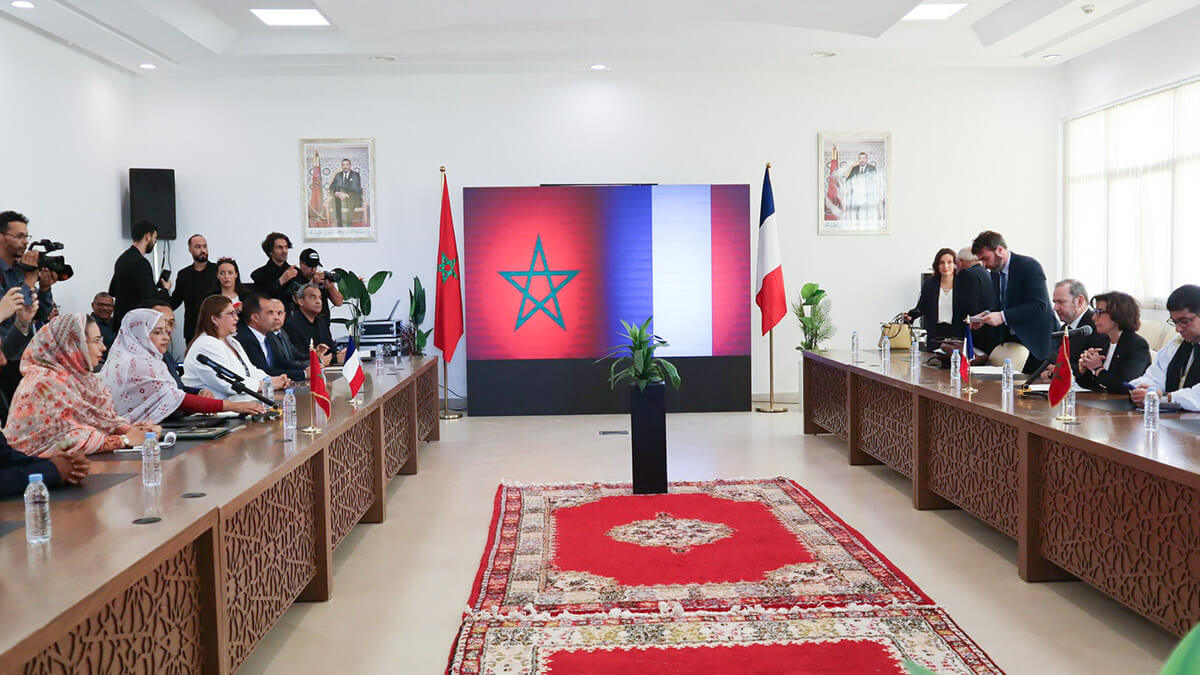
This is an important visit to the area by a member of the French government, confirming, according to various analysts, the closeness of Paris's position to that of Rabat with regard to Western Sahara.
Morocco is proposing a formula for Western Sahara of wide-ranging autonomy under Moroccan sovereignty, respecting the resolutions of the United Nations (UN), which would grant the Saharawi authorities a large degree of self-government, leaving defence and foreign policy in the hands of the Moroccan state. All of this is focused on developing the region to the maximum in all aspects, including a major programme of investment and industrial development for the so-called southern provinces.
France and Morocco have been deepening their bilateral relations for months, through far-reaching political decisions and economic agreements, including 40 investment agreements between the two nations, and now the cultural sphere is also included with the visit of the French minister Rachida Dati.
Rachida Dati travelled to Tarfaya, in the region of Laayoune, in the Western Sahara, and there she visited the Kasbah of Tarfaya, a British historical monument that was inaugurated in 1938, before stopping at Dar El-Bahr Casa del Mar, the historical fort that was built by the English merchant and engineer Donald Mackenzie with the support of the British government, and which was later transferred to Spain.
The French minister also visited the Antoine de Saint-Exupéry Museum, which celebrates the legacy of the famous French writer, author of ‘The Little Prince’, who settled in Tarfaya in 1927 when he was in charge of the delivery of airmail between France and Morocco.
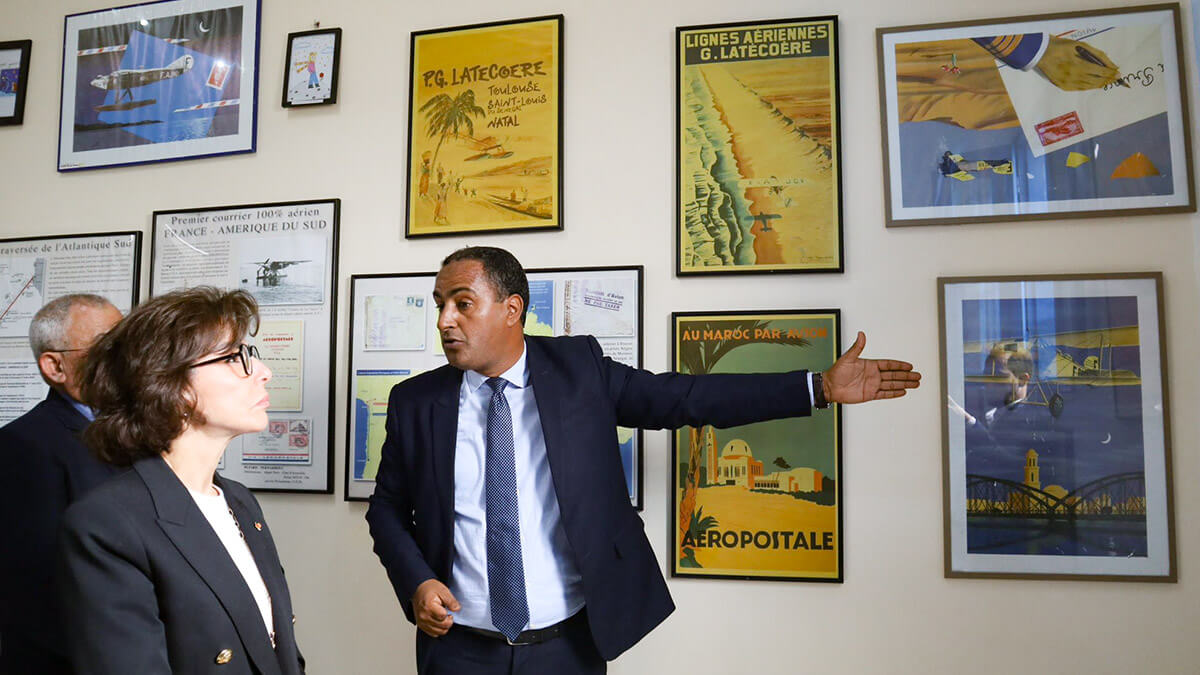
The museum, which opened in 2004, exhibits artefacts and documents that document this period, highlighting the city's connection to the history of aviation and airmail.
The official visit shows the strengthening of Franco-Moroccan cultural cooperation and highlights the mutual historical and cultural ties.
Rachida Dati said that this visit is part of the consolidation of cultural relations between Morocco and France, stressing that ‘the ties between the two countries have been greatly strengthened since the state visit of French President Emmanuel Macron and the historic message he addressed to Moroccan King Mohammed VI, in which he affirmed that the present and the future of this region are framed within Moroccan sovereignty’.
Dati announced the signing of new agreements covering the fields of electronic games, cinema, the audiovisual sector, heritage and archaeology, as well as the launch of a media and audiovisual institute and the establishment of a branch of the Alliance Française in the region.
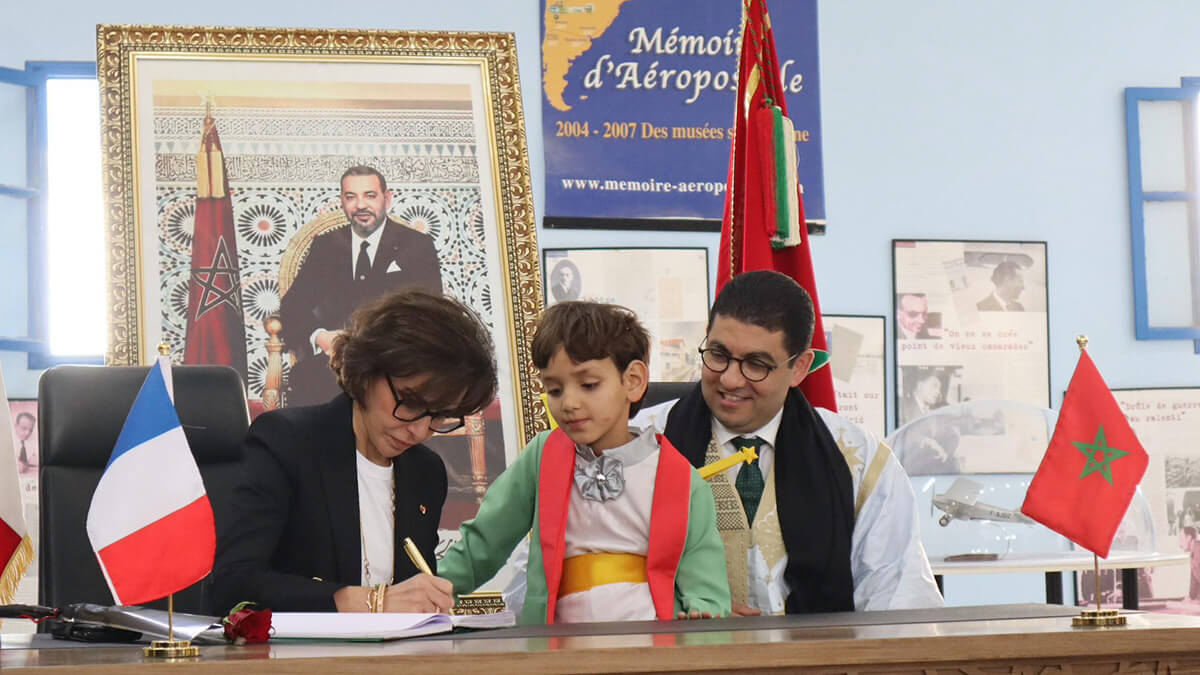
The French minister also pointed out that ‘cultural cooperation will continue to be a fundamental axis in the strengthening of the strategic partnership between the two brother countries’.
For his part, the Moroccan Minister of Youth, Culture and Communication, Mohammed Mehdi Bensaid, said that the agreements signed before King Mohammed VI and the President of the French Republic ‘are now in the implementation phase,’ noting that the visit ‘has symbolic, historical and political dimensions,’ as reported by the media Al Arab.
The Moroccan minister indicated that Morocco continues to assert its full sovereignty over its southern provinces, and that activating the recognition of this reality constitutes a clear and important political message, considering that ‘the cultural association with France reinforces this trend, especially through projects that aim to enhance the cultural heritage of the city of Tarfaya, which is associated with the personality of Antoine de Saint-Exupéry, where its historical legacy will be invested in the enhancement of the cultural influence of the region’.

